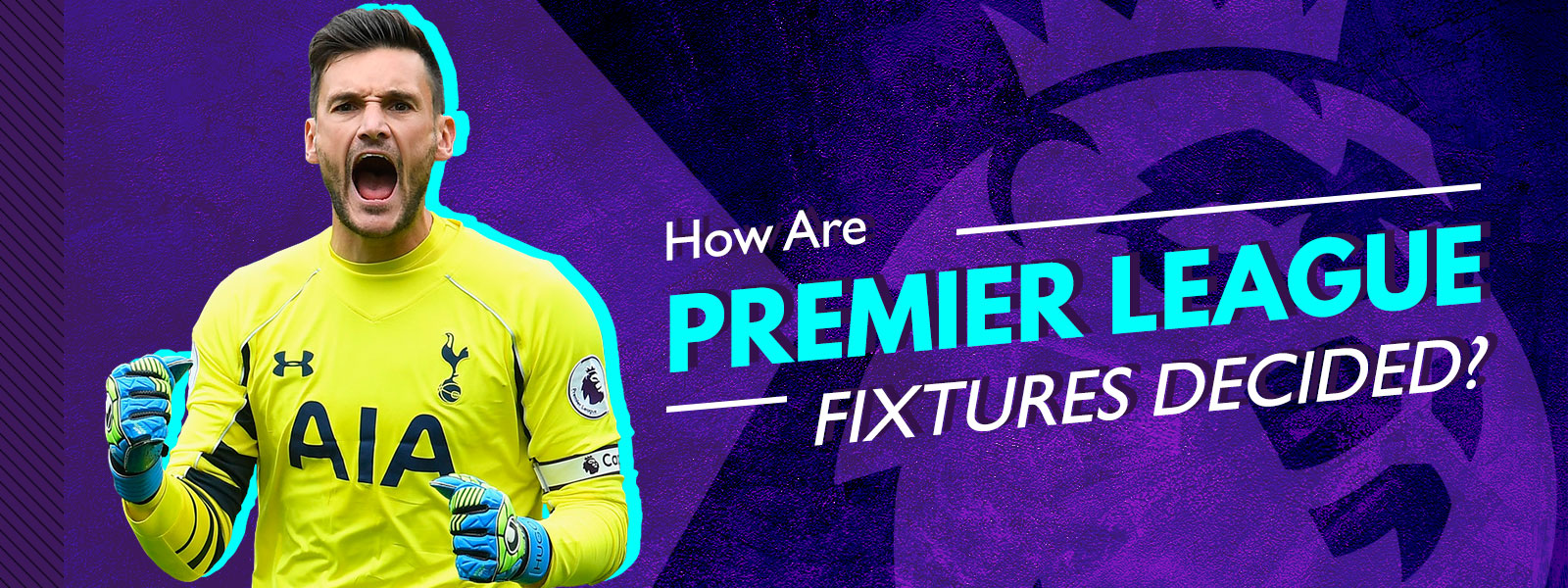
English Premier League Fixtures
Another stellar English Premier League season has come to an end, and it did not disappoint. We witnessed some great matches, and every team’s effort was commendable. All of them had the chance to prove themselves at their home stadium, as well as away, and prove themselves they did.
One thing that every fan of English football looks forward to at the start of every season is the fixtures. That way, they learn whenever their club will be competing their opponents, and how many possible points they can rake up. But have you ever wondered how these fixtures are decided? Is it all just random, or is there a method to the madness?
It may seem like the entire league is unsystematic, that teams are just randomly paired with another. But this is far from the truth. Most don’t realize how much planning goes into it. We all know that a club plays one match at home, and another away but this is pretty much all we are aware of.
The English Premier League
The official Premier League website describes the entire thing as “meticulous and painstaking process that lasts almost half a year.”
To begin with, it involves scheduling more than 2,036 matches across the top four divisions in England. All credit must be given to Glenn Thompson, who works for Atos, an international IT services company. He has been doing this since 1992. He is in charge of scheduling the matches of the English Premier League, that lasts over nine months.
But it goes back even further when FIFA and UEFA schedule their dates. Mostly, the dates for various international fixtures, European club competitions, and FA cup competitions are fixed. Once these are decided Atos receives the playing dates from the English Premier League, which is pretty much the dates that are left. The matches must be fixed in such a way that there are no clashes with other tournaments, and there are rules that the fixture dates should adhere to, commonly referred to as sequencing rules. For instance, in a set of five consecutive matches for one club, it must be made sure that they play three games at home and two away, or vice versa. Home and away matches must be alternated, meaning that a club cannot play two simultaneous home matches, or two simultaneous away events. Also, no matter what, a team cannot begin or end the season with two home matches or two away matches one after the other.
Other Things To Consider
There are also important days of the year that organizers must take into consideration. For example, if a team plays at home on boxing day, they will play an away game on New Year’s.
But then what about derby matches, clubs that hail from the same area? Manchester City and Manchester United, Liverpool and Everton, to name a few? Steps are taken to make sure that fixtures do not clash.
Every club’s preferences are also taken into consideration. They were asked about any particular days when they do not want to play at home, or if there are any club, they wish to play with — even minor specifics like teams they don't want to play against at home on Boxing Day. Most team preferences are taken into consideration most of the time, by choice of the local police.
Tags :- Betting Guide
- Betting Help
- Betting Strategy
- Sports Betting
- Sportsbook
- Profitable Trends
- Soccer Players
- World Cup
- Betting Tips
- Team Reviews
- Player Analysis
- League Reviews
- Club Reviews
- Betting Market
- Manager Reviews
- Match Preview
- Transfers
- Soccer Betting
- Soccer Picks Web Series
- Betting System
- Betting Trends Web Series
- Players Analysis
- League review
- Southamerican soccer
- Betting markets
- Casino Betting










